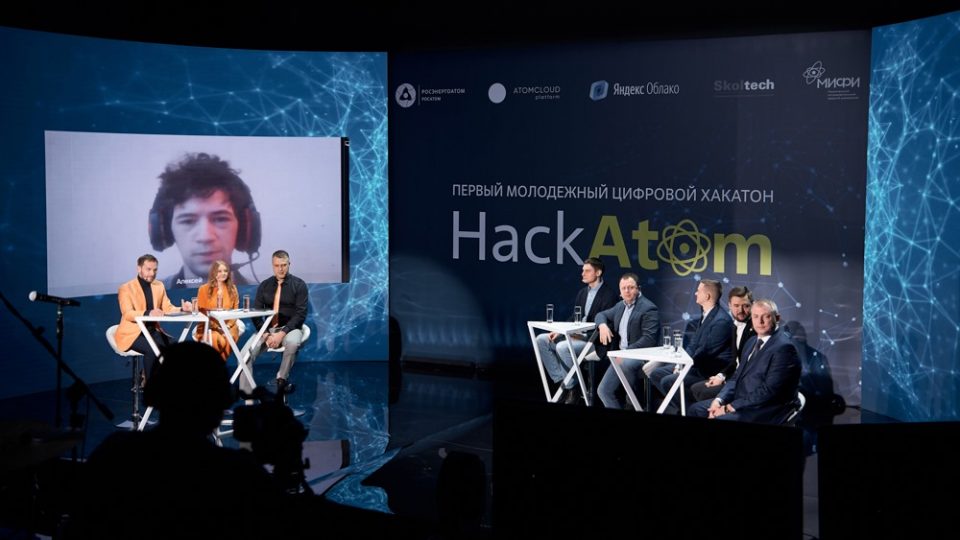Photo caption: Global HackAtom
Rwandan university students will compete for a place at the Global HackAtom final in Russia
Students from across Rwanda will meet at the University of Rwanda in Kigali on May 29–30 for the national round of Global HackAtom, an international competition focused on practical challenges in the nuclear field. Organised with the support of Rosatom, the event is part of a series taking place in nine countries this year.
The first day of the Rwandan event will feature lectures by experts from Russia’s MEPhI (National Research Nuclear University) and RUDN (Peoples’ Friendship University of Russia named after Patrice Lumumba). On the second day, student teams will present their proposed solutions to technical cases related to nuclear technologies. One winning team will be selected to represent Rwanda at the international final in Russia this September.
“HackAtom is an opportunity for students to engage with real-world questions in nuclear science and technology. We hope that through this experience, participants gain not only technical knowledge but also a sense of global community in solving complex challenges,” highlighted Ryan Collyer, CEO of Rosatom Central and Southern Africa.
The competition in Rwanda is part of a broader series of events marking the 80th anniversary of the Russian nuclear industry. National stages of Global HackAtom are also taking place this year in Bolivia, Brazil, Hungary, Indonesia, Kazakhstan, Myanmar, Serbia, and Uzbekistan. Each country will send one team of five students to the final round in Russia, scheduled to be held in late September as part of the World Atomic Week youth programme.
Finalists will spend several days in Russia participating in workshops, cultural visits, and discussions with specialists from the nuclear sector. According to organisers, the focus of the final round will be on how nuclear technologies can contribute to future space exploration.
HackAtom has been held in more than a dozen countries since its launch in 2021, with over 850 students participating in recent years. The competition is part of a wider effort to promote international collaboration in nuclear education and to support student interest in science, engineering, and clean energy technologies. Rosatom, the organiser of the event, partners with universities and institutions worldwide to facilitate access to nuclear knowledge and career development opportunities for young professionals.



